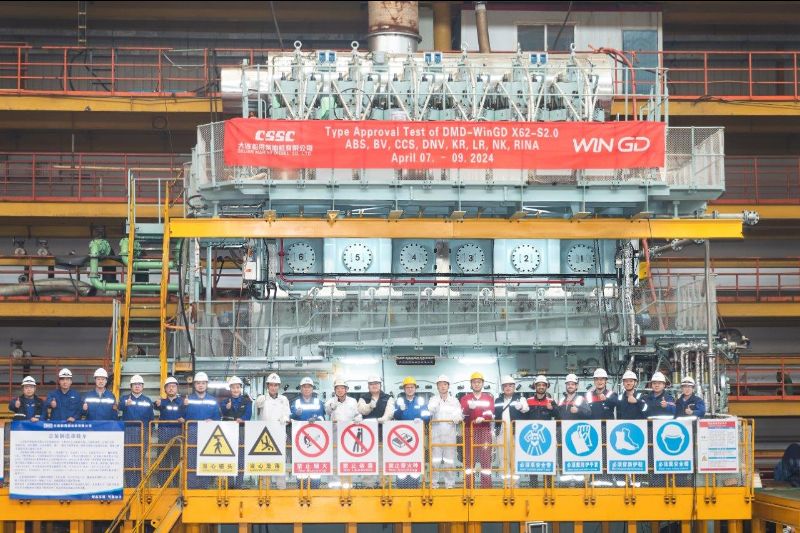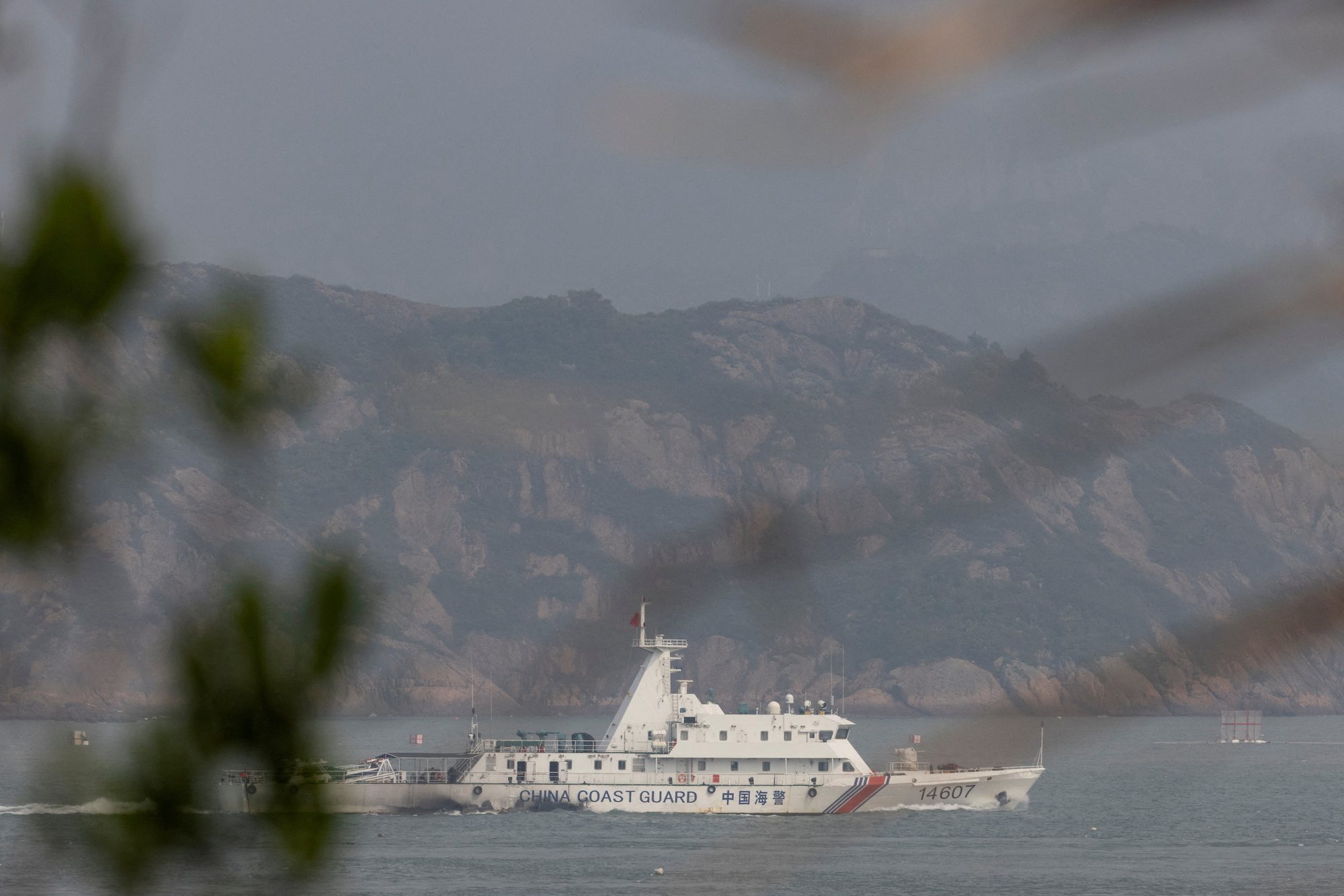Lashing@sea and Containers – A Disappointment
MAC has a particular distaste for psuedoscience. If someone makes claims that they refuse to back up with solid, peer-reviewed evidence he shows them the door. Typically, a claim will be made that is not testable or verifiable, sometime the woo-woo vendor will demand that MAC gives him a considerable amount of money before evidence will be given that something actually works. Now lets discuss The Maritime Research Institute of the Netherlands.
We’ve seen the PR release, but it doesn’t say much and is, frankly, a disappointment. The Maritime Research Institute of the Netherlands boasts that “For the first time ever some of the reasons why containers are lost overboard have been investigated by the pioneering Lashing@Sea project, that has just completed after three years of intensive research.”
I can hear the squeak as you move to the edge of your seat, awaiting for The Maritime Research Institute of the Netherlands to impart this vital information. Unsqueak and sit back. You’re not going to get it.
If you ask what are some of the reasons it refers to, you’ll have a hard time finding out. Whatever the report apparently says, mere mortals are not entitled, in view of the researchers, to know. It is rather like someone saying: “I have the cure for the common cold, but you are not allowed to say what it is.
If the claim: “For the first time ever some of the reasons why containers are lost overboard have been investigated by the pioneering Lashing@Sea project” is true then why are these reasons not being published and made public? Secrecy and opacity has been the bane of maritime safety for decades. Which lifeboats kill most seafarers? It is a commercial secret that you must not ask. Your life is at risk because your life is less important than the lifeboat manufacturer’s.
Now the The Maritime Research Institute of the Netherlands makes a claim that it declines to allow you to verify. That means that you, as a seafarer, as a ship’s officer, aboard a containership, have no way of taking those lessons to make your ship safer.
Says the praise release: “A monitoring campaign of five ships in operation, model tests of secured cargo and an extensive survey asking crew for their input was conducted in the container, ro-ro and heavylift sectors. A consortium of 24 participants representing flag states, classification societies, shipowners and lashing equipment manufacturers, as well as crew from nearly 160 vessels, took part in the project that was sponsored by the Dutch government. “The Dutch government, together with the British and Swedish maritime administrations, are set to make several recommendations to the International Maritime Organisation (IMO) and the International Association of Classification Societies (IACS) in a bid to improve safety levels and operational efficiency. The industry-wide project was led by the Maritime Research Institute of the Netherlands (MARIN).
“Participants included: Maersk Ship Management, CMA CGM, Danaos ship management, Wallenius Wilhelmsen Logistics, Norfolk line, NYK / Monohakobi Technology Institute, Royal Wagenborg, Spliethoff / BigLift Shipping, United European Car Carriers (UECC), ABS, Bureau Veritas, Det Norske Veritas, Germanischer Lloyd, Lloyds Register, Directoraat Generaal Luchtvaart en Maritieme Zaken (DGLM), the Dutch Shipping Inspectorate, Swedish Transport Agency, Maritime and Coastguard Agency (MCA), German Lashing, MacGregor, SEC, Amarcon, MariTerm, SIRI Marine and MARIN.”
It says all that, but keeps the report itself secret. Why?
Hmmm.
When the Maritime Research Institute of the Netherlands acts as a scientific body should do, which is to put its findings in the public domain and make them available for peer review then maybe its praise release can be taken seriously. That is how real science works.
Secrecy for commercial reasons is inimical to the safety of the lives of seafarers. Seafarers have a right to know what hazards they face regardless of any commercial inconvenience it may cause. We know that such secrecy in the lifeboat industry has cost seafarers lives.

Subscribe for Daily Maritime Insights
Sign up for gCaptain’s newsletter and never miss an update
— trusted by our 109,108 members

Get The Industry’s Go-To News
Subscribe to gCaptain Daily and stay informed with the latest global maritime and offshore news

 Join The Club
Join The Club









